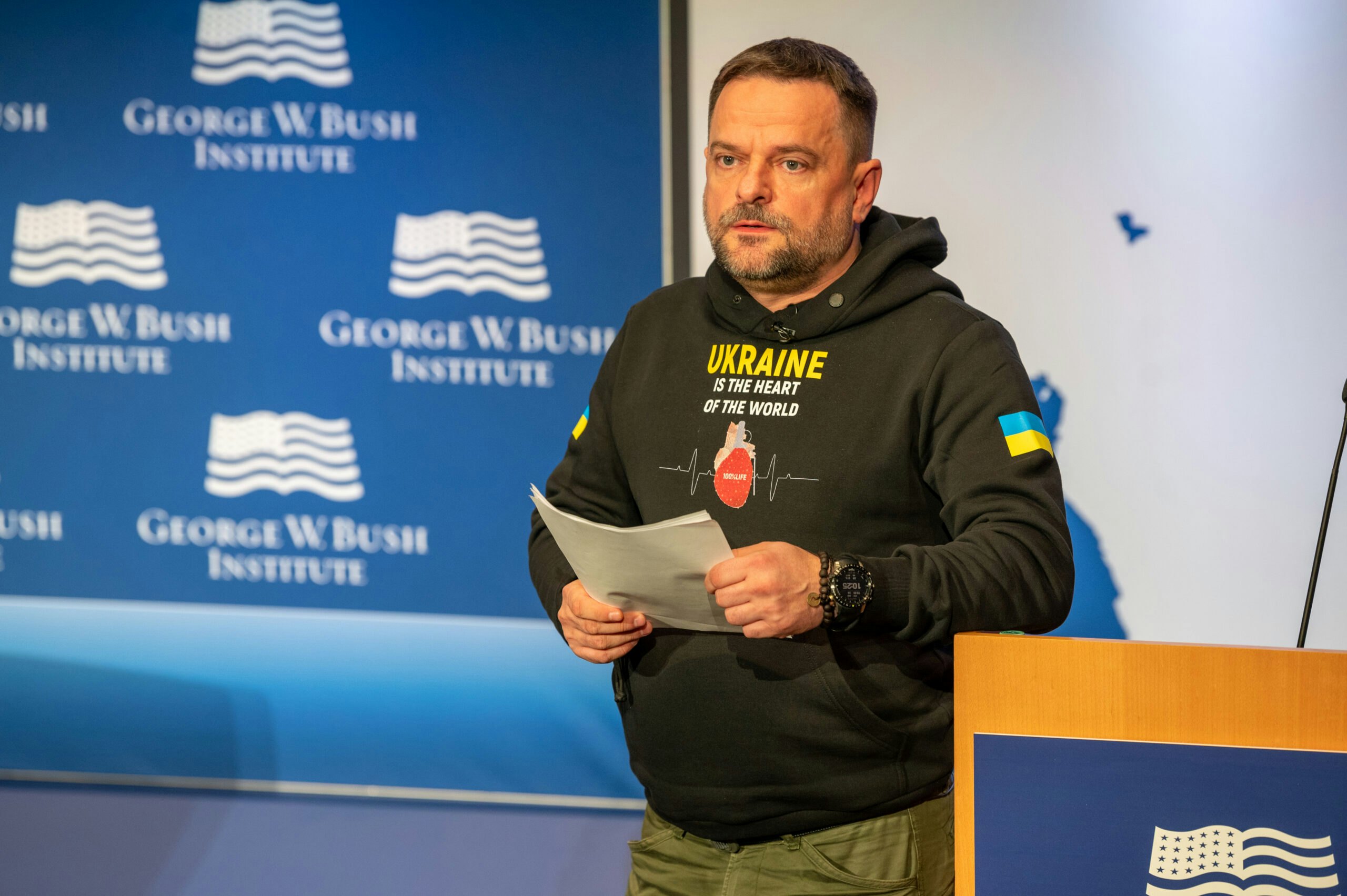At age 43, Farida Mkwama knew nothing about cervical cancer until a nurse visited her church women’s group. Helen Mwaipopo, a nurse trained by the President’s Emergency Plan for AIDS Relief (PEPFAR) through the United States Agency for International Development (USAID) as part of Go Further, had volunteered to do an education session on cervical cancer at the Mkimbizi Lutheran Church.
Iringa, Tanzania – At age 43, Farida Mkwama knew nothing about cervical cancer until a nurse visited her church women’s group. Helen Mwaipopo, a nurse trained by the President’s Emergency Plan for AIDS Relief (PEPFAR) through the United States Agency for International Development (USAID) as part of Go Further, had volunteered to do an education session on cervical cancer at the Mkimbizi Lutheran Church.
Cervical cancer is a preventable disease. It is also curable if detected early and adequately treated. In Tanzania, 11.4 million women are at risk of developing cancer of the cervix. Without treatment, 62 percent of these women would die from the disease. Women living with HIV are up to six times more likely to develop the disease. The Tanzanian Ministry of Health works closely with the USAID/PEPFAR team to provide cervical cancer prevention and treatment services throughout the country.
Although Farida felt fine, the Mkimbizi Lutheran Church health promotion activity prompted her to visit Iringa Regional Hospital for free cervical cancer screening services.
“I had no symptoms, nothing bothered me prior to this visit, and I felt healthy and strong,” said Farida.
The results of her test found a pre-cervical cancer lesion. Farida was counselled on the treatment options and was offered cryotherapy treatment, which is a safe, effective and low-cost method. Farida was offered cryotherapy treatment on the same day as her diagnosis, enabling her to accomplish everything in a single visit.
“There was so much I did not know about this disease until I was diagnosed. I thought after being diagnosed I will die. On the contrary, knowing this status at the early stage is the best option and provided me the opportunity to take action before the disease ever develops,” Farida said. Farida was happy after the treatment and is committed to educate others on the need for early screening.



























